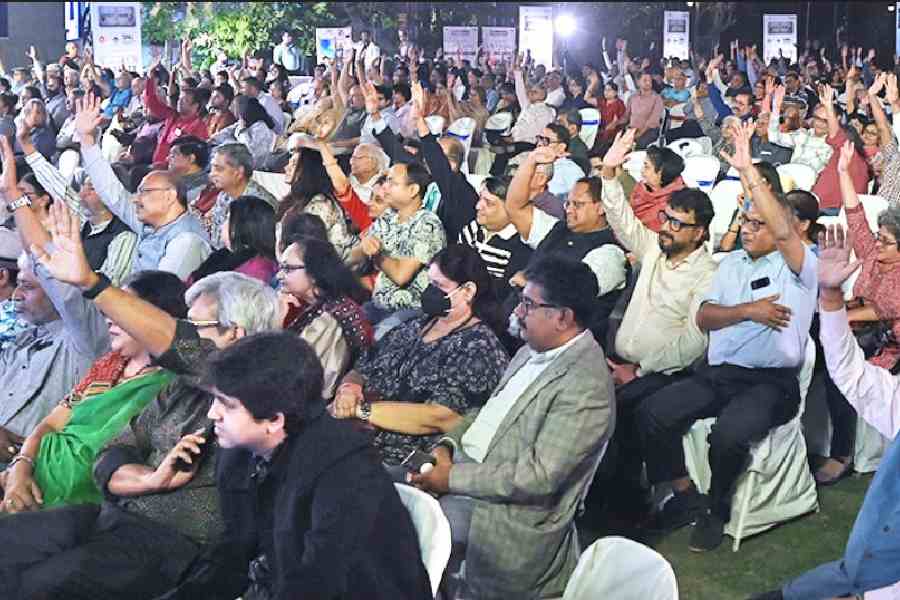A court in Jammu and Kashmir has granted bail to Aala Fazili, a postdoctoral scholar at Kashmir University who spent nearly three years in jail for allegedly writing a “seditious” article on a digital news platform.
Jammu’s additional sessions judge said there was “very weak evidence” that Fazili had authored the article.
The article headlined “The shackles of slavery will break” was reportedly authored in 2011 and appeared on the website of Kashmir Walla. Fazili was arrested 11 years later in 2022 as part of an alleged crackdown by the establishment to crush dissent.
The controversial article first landed the website’s editor, Fahad Shah, in jail in February 2022. He was freed on the directives of the high court after spending 21 months in jail.
The court accused the state of digging out the case related to the article against Shah as he had already been granted bail in two separate cases.
Fazili has been granted bail 15 months after Shah was released. He was arrested in April 2022, two months after Shah, and spent 34 months in jail.
“There is very weak evidence which connects the applicant with the authorship of the article and if the applicant, due to weak evidence, is acquitted at the end of the trial, his period of incarceration would not be compensable by any means,” the court said in a judgment related to Fazili.
The prosecution had invoked Section 43-D (5) of the Unlawful Activities (Prevention) Act to oppose Fazili’s bail, which puts restrictions on the court to grant the accused bail without hearing the prosecution.
Officials said Fazili had been released from Kot Bhalwal Jail in Jammu and reached home this week.
The state investigation agency chargesheet claimed the article was “highly provocative and seditious” and was “intended to create unrest” and push “gullible youth to take the path of violence and create communal unrest”.
It also said the article was “brazenly glorifying terrorism and intended to abet the commission of unlawful activities across Jammu and Kashmir”.
The Jammu court, however, said denying bail to him amounted to the violation of the fundamental rights granted under Article 21 to citizens.
The court not only said there was very weak evidence that Fazili had authored the piece but said it “neither affected the law and order nor aggravated militancy-related incidents” as claimed by the prosecution.
The court said none of the 10 witnesses examined had testified the article was authored by Fazili, wondering why no action or notice was taken on the article for
11 years.
The court referred to the high court judgment on Shah, which had said there was no call to arms in the article.










